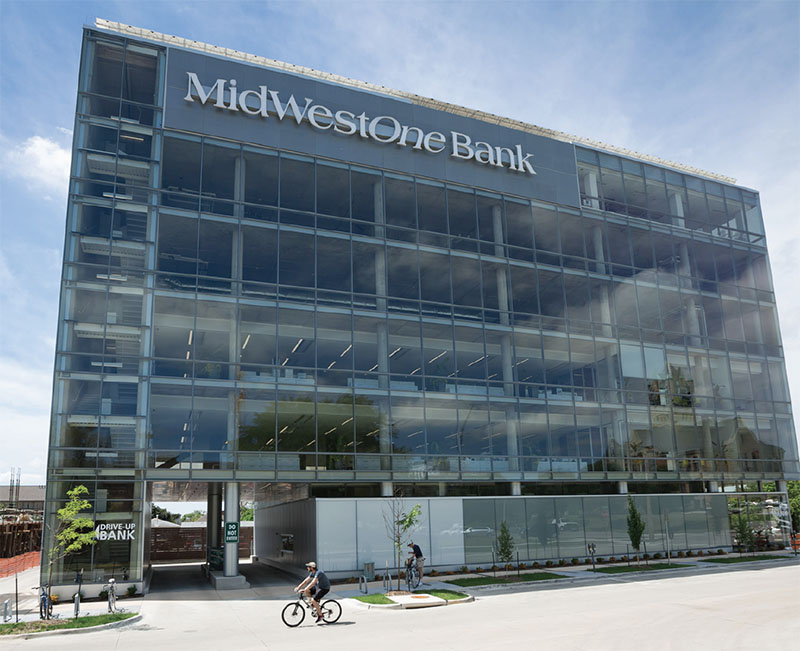Lynn Manternach/Tree Full of Owls
There’s a cacophony of messaging constantly bombarding consumers.
What are you doing to make sure your messages stand out from the clutter? How are you different from your competitors?
Differentiation is critical to your success. It will help make people aware of your business and help them understand why they should choose your product or service over other options.
Every business can differentiate in some way that is relevant to the marketplace. If you look closely enough, there’s always something that is significant to prospects and customers that they can’t get from your competitors.
So what makes you different?
Quality? Sure. You and 90 percent of the companies out there. If everybody’s talking quality, it really doesn’t differentiate your brand.
It’s often a combination of factors that sets one company apart from others. For example, Target has combined price and design to differentiate itself from other big box discount stores. It’s a combination that Target has communicated effectively in marketing efforts and reinforced with the shopping experience.
Thanks to social media and other factors, customer experience is increasingly important for differentiation. Companies used to focus on customer satisfaction, but that’s no longer enough. The most successful companies strive for customer delight to differentiate the brand, which ultimately drives brand engagement, loyalty and positive word of mouth.
Consumers are increasingly defining value in terms of experience rather than just price, according to Robert Passikoff, founder and president of Brand Keys. “Product/service attributes relating to brand ‘experience’ and ‘authentic innovation’ – the attributes that most drive ‘delight’ – are exerting the strongest impact on customer decision-making, category expectations and engagement,” according to Mr. Passikoff.
The 2011 Brand Keys Customer Loyalty Engagement Index results show nearly across-the-board increases in expectations that are centered on attributes that impact customers’ overall experience and produce a ‘delight’ factor.
According to Brand Keys, the 10 brands that indexed highest in terms of the degree to which they “delight” their customers are (in order of their index scores) Netflix, Apple, Walgreens, Discover, Hyundai, Mary Key, McDonald’s, J. Crew, Samsung and Nikon.
If you have chosen these brands over their competitors, you know that they have found ways to differentiate themselves from competitors in a variety of ways that allow them to deliver value and delight to their customers.
So how do you begin the process of differentiating your brand?
The optimal benefits for a brand to claim are those that are: 1) very important to the target consumer, 2) supported by organizational strengths and 3) not being addressed by the competition.
You’ll need quality information to determine how to position your brand effectively. To identify what is most important to the target consumer from the perspective of what your company is best positioned to provide, conduct basic consumer research. There’s a pretty good chance your consumers will tell you something you didn’t know about how they perceive your brand, and what they want or expect from your brand.
Which companies do consumers see as your primary competitors? Are they the same companies you think are your competitors? How do consumers view the differences between your brand and those they see as your competitors? Do an in-depth competitor analysis to determine where there are gaps that match with your brand’s strengths.
This is not a quick or simple process. It takes time and focus, as well as cooperation across your organization, but it’s well worth the effort. Different is good.
Lynn Manternach is brand arsonist and president at MindFire Communications Inc. (www.mindfirecomm.com) in Cedar Rapids and the Quad Cities. Contact her at [email protected].







